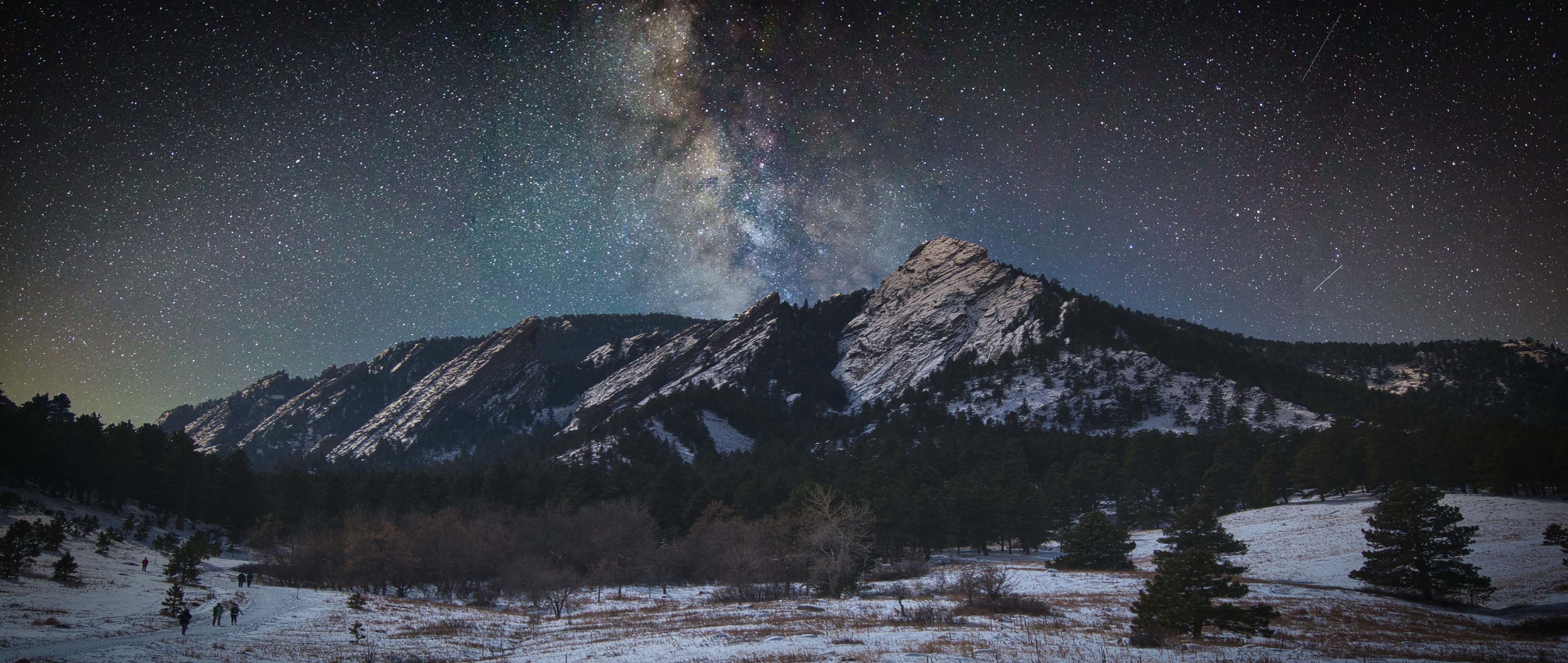Student Mentoring Luncheon
All registered students are invited to attend the Student Mentoring Luncheon, which will be held after the plenary session during the NRSM. Students receiving support from the USNC-URSI (to attend the NRSM) are required to attend the luncheon. The cost of this luncheon is included with registration. Food is served buffet style. Professionals from the field of applied electromagnetics will spread out to sit at different tables with students. A panel session will also be held, during which students can ask questions.
Moderator:
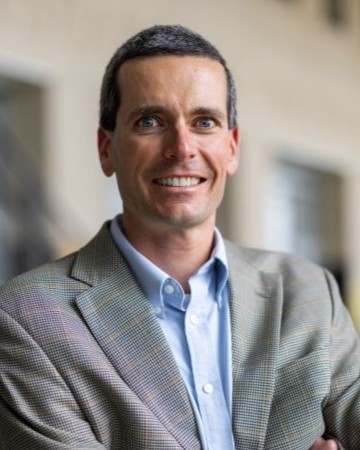
Dr. Charles Baylis
Dr. Charles Baylis is a Professor of Electrical and Computer Engineering at Baylor University. He serves as Director of SMART Hub (Hub for Spectrum Management with Adaptive and Reconfigurable Technology), a Department of Defense Spectrum Innovation Center headquartered at Baylor, with 14 universities and 29 researchers. Since its funding in 2023, Dr. Baylis has overseen this nationwide effort to improve wireless spectrum technologies in the United States and develop a next-generation spectrum workforce. Since 2008, he has directed the Wireless and Microwave Circuits and Systems Program at Baylor, founded to provide wireless and microwave education and research in a caring, Christian environment. His research interests are reconfigurable circuit and system technologies for adaptive spectrum-use systems.
Panelists:
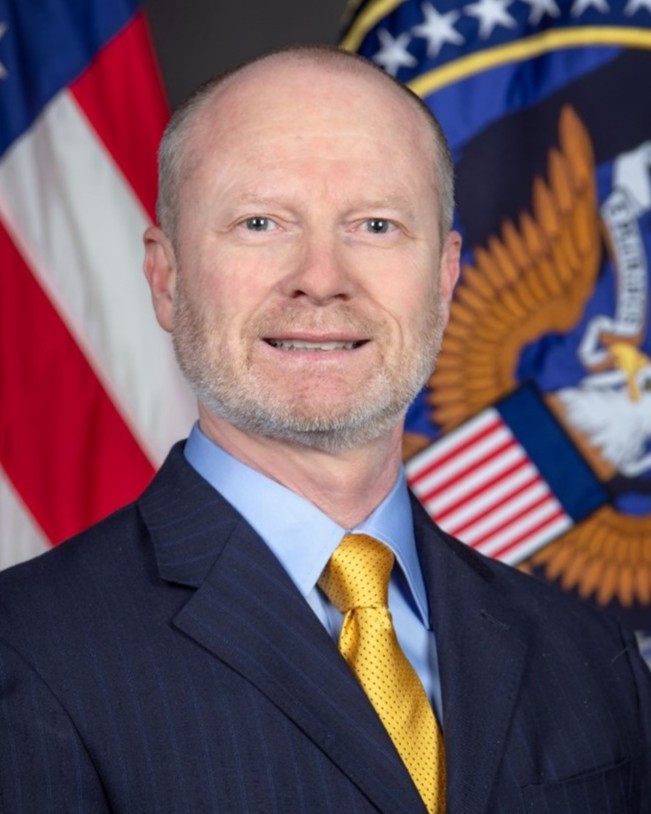
Dr. Mickey Batson
Dr. Mickey Batson joined IARPA in March 2024. In his current assignment as a Program Manager, Dr. Batson focuses on areas of scientific research that includes electromagnetics, ionosphere geophysics, ionosphere chemistry, and plasma physics.
Prior to joining IARPA, Dr. Batson worked as a research engineer at the NSA Laboratory for Telecommunication Sciences from 2013 to 2024. While there, he investigated electromagnetic anomalies occurring within the ionosphere and researched and supported propagation modeling efforts for low frequencies.
Dr. Batson graduated from the Naval Postgraduate School with a doctorate in electrical engineering and a master's degree in communications engineering.
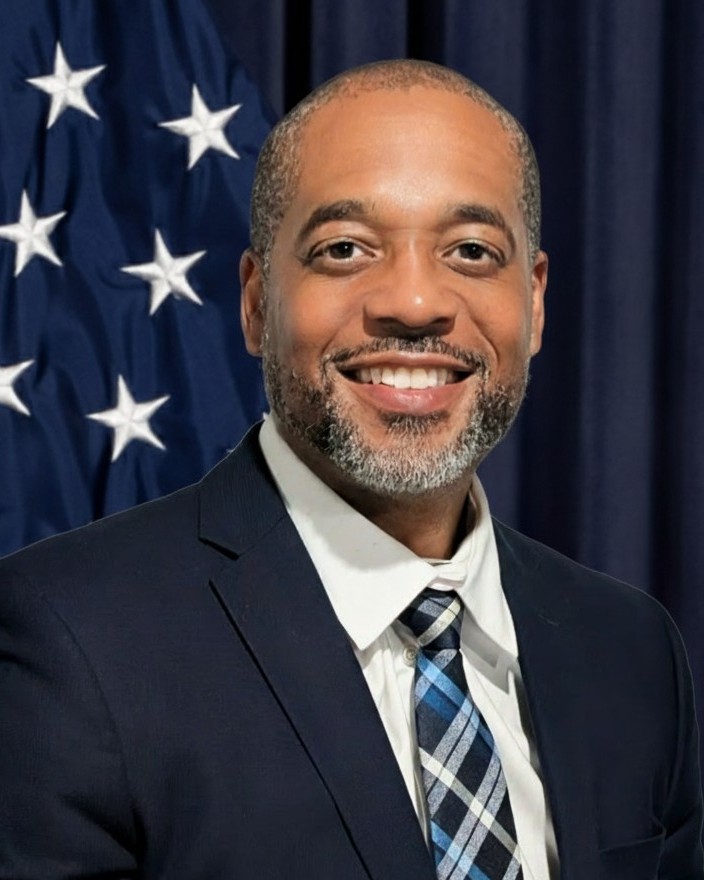
Dr. Paul Ransom
Dr. Paul Ransom is the Acting Chief of the Strategic Planning Division in the Office of Spectrum Management, the Division and Office of Spectrum Management lead national efforts to shape the future of spectrum policy and planning. He currently chairs the Spectrum Relocation Fund Technical Panel, a congressionally mandated body that approves funding for spectrum research and engineering studies aimed at improving the effectiveness and efficiency of federal spectrum use. The panel also ensures federal spectrum transition plans support auction timelines, promote relocation or sharing of spectrum, and enable the recovery of federal investments.
Dr. Ransom served as the technical lead for the 2024 National Spectrum Strategy and Implementation Plan, a landmark initiative that reflects his leadership and deep expertise in spectrum management. Since joining the division in 2020, he has played a central role in federal spectrum repurposing efforts and serves as the NTIA liaison to the National Science Foundation's Spectrum Innovation Initiative, supporting research and innovation in advanced spectrum technologies.
With over 20 years of federal service, Dr. Ransom brings a wealth of experience across defense, science, and telecommunications domains. He began his career at the Naval Surface Warfare Center in Bethesda, Maryland, conducting advanced research in electromagnetic materials for radar cross section (RCS) reduction and performing both field and laboratory RCS measurements. He later served as a Program Officer at the Office of Naval Research in the Sea Weapons and Warfare Department (now the Advanced Naval Platforms Department), and as Chief Technologist in NOAA's Radio-Frequency Interference Monitoring System Project Management Office, supporting the National Environmental Satellite, Data, and Information Service.
Dr. Ransom holds a B.S. in Electrical Engineering from Southern University and A&M College, an M.S. in Electrical and Computer Engineering from Georgia Tech, and a Ph.D. in Electrical and Computer Engineering from the Catholic University of America.
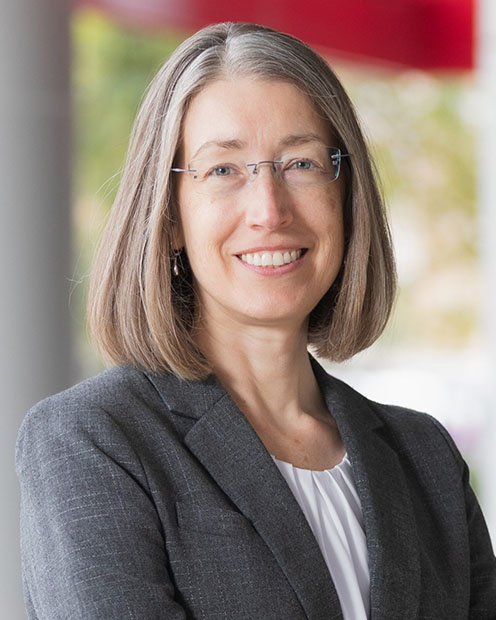
Dr. Susan Hagness
Susan C. Hagness received the B.S. and Ph.D. degrees in electrical engineering from Northwestern University in 1993 and 1998, respectively. She is currently the Philip D. Reed Professor of the Department of Electrical and Computer Engineering and the Maria Stuchly Professor of Electrical Engineering at the University of Wisconsin-Madison, where she has served as Department Chair since 2018. She previously served as the College of Engineering Associate Dean for Research (2014-2017) and has held a variety of professional society and advisory board appointments and leadership roles within the IEEE, the U.S. National Committee of URSI, the ASEE Engineering Research Council, and ECEDHA. She has co-authored more than 100 journal papers, eight book chapters, and two editions (with Allen Taflove) of Computational Electrodynamics: The Finite-Difference Time-Domain Method (Artech House, 2000 and 2005).
She has received numerous recognitions for her holistic approach to teaching and mentoring and for her research in computational and experimental applied electromagnetics, which currently emphasizes technologies for smart medicine and smart agriculture. Highlights include the Presidential Early Career Award for Scientists and Engineers (2000), the IEEE Engineering in Medicine and Biology Society Early Career Achievement Award (2004), the URSI Issac Koga Gold Medal (2005), the IEEE Trans. Biomedical Engineering Outstanding Paper Award (2007), the IEEE Education Society Van Valkenburg Early Career Teaching Award (2007), the Physics in Medicine and Biology Citations Prize (2011), the UW-Madison Women Faculty Mentoring Program Slesinger Award for Excellence in Mentoring (2017), and College of Engineering awards for excellence in teaching (2014), research (2018), and equity and diversity efforts (2021). She is a Fellow of the IEEE (2009), AAAS (2021), AIMBE (2022), and NAI (2022).




